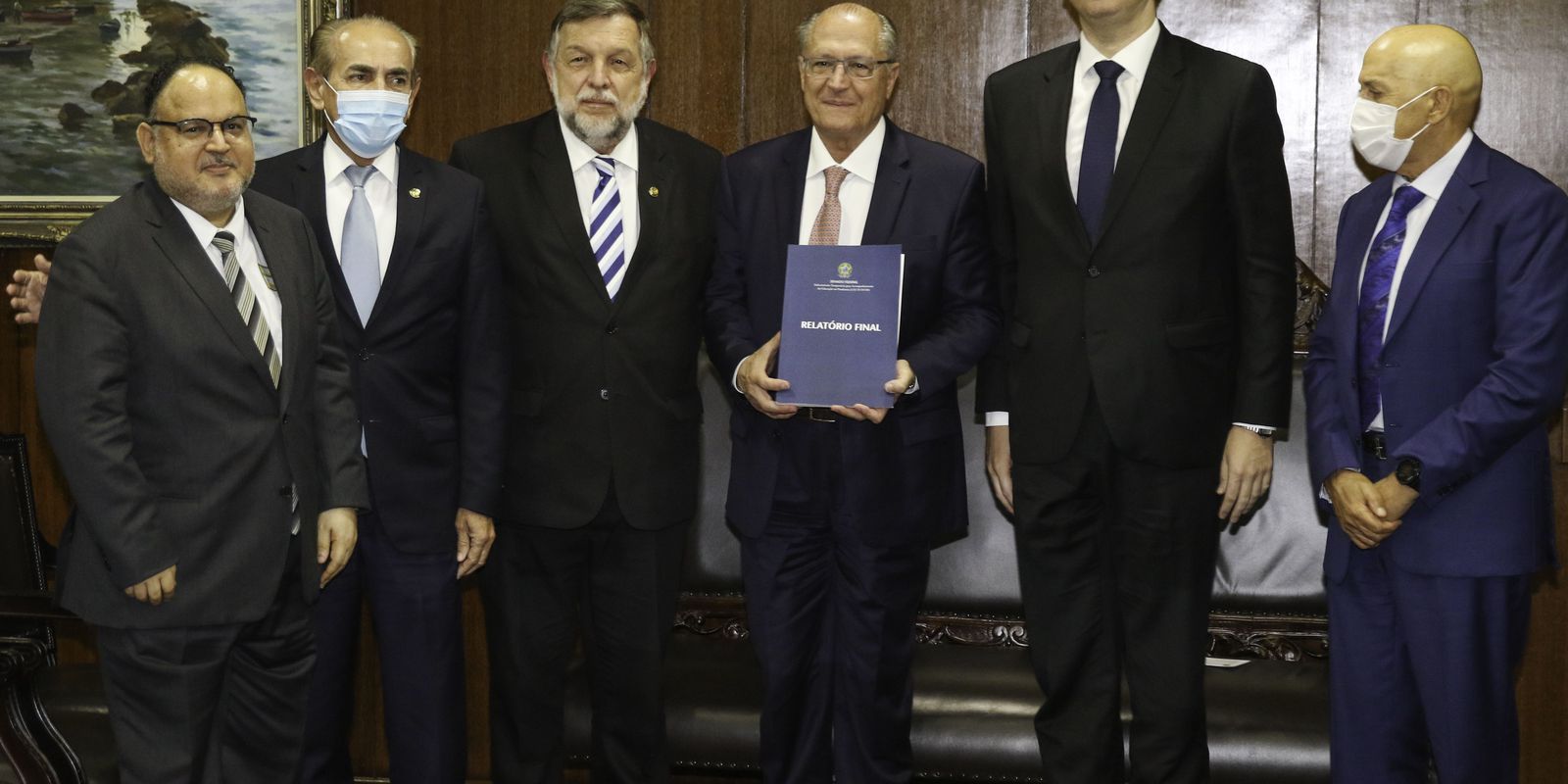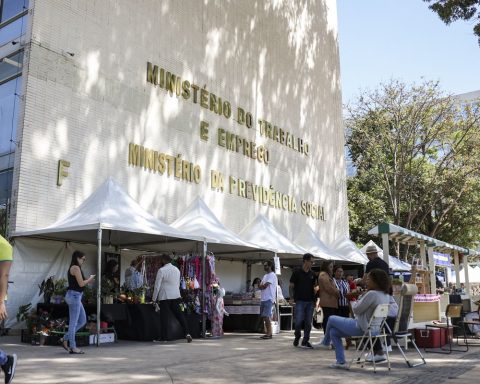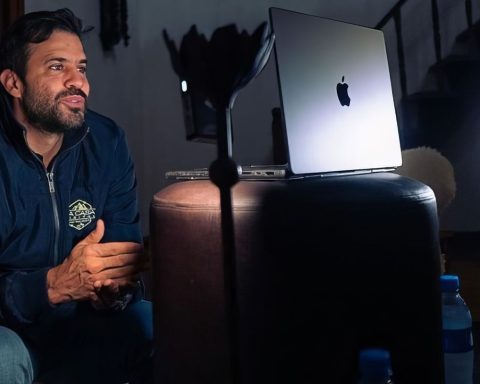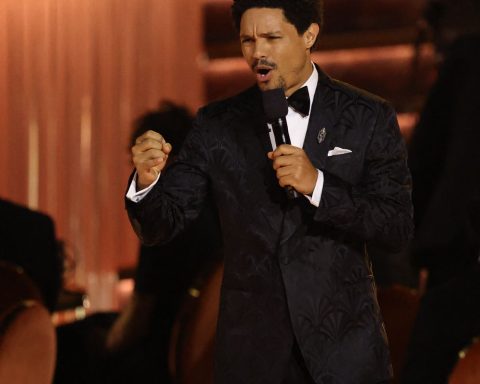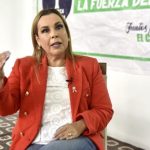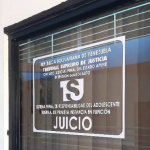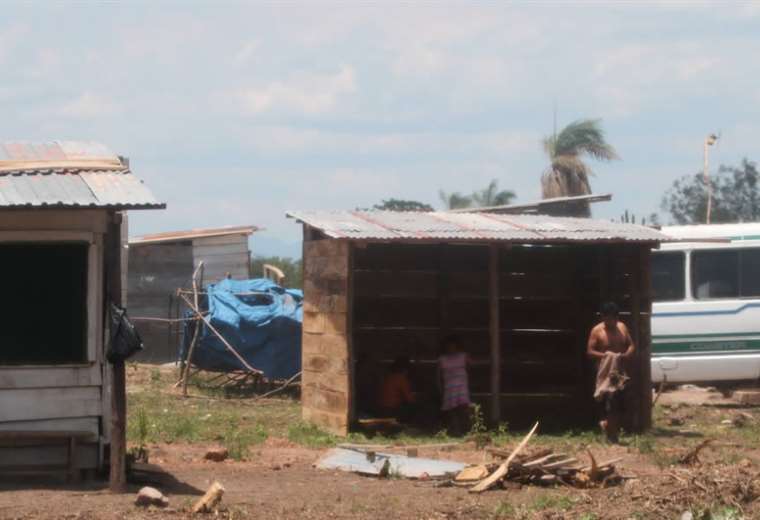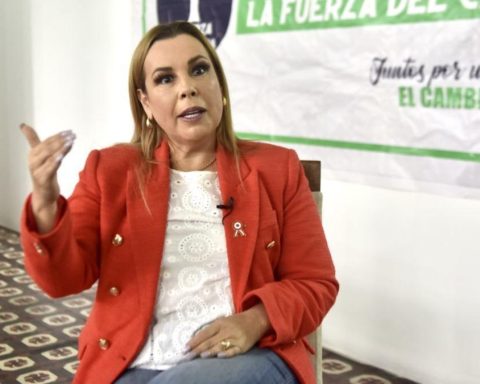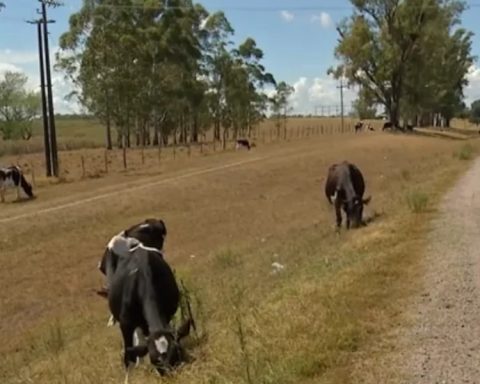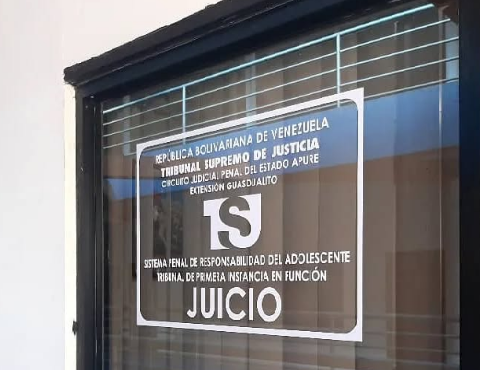The elected vice president of the Republic, Geraldo Alckmin, received, today (8), from senators Flávio Arns (Podemos-PR) and Marcelo Castro (MDB-PI), a report on the impacts of the pandemic on education. The material – with 240 pages – aims to help the future Lula government, which takes office in 2023, to recover the educational deficit that arose in the pandemic. The report was approved today by the Temporary Subcommittee for Monitoring Education in the Pandemic, chaired by Arns.
The final report brings 30 recommendations built from 20 public hearings, held over more than a year with the participation of government representatives and public and private institutions linked to education, in addition to teachers, economists, workers and members of entities civil society organizations.
“These 30 recommendations can constitute a strategic education agenda, and the vice president-elect received these recommendations as a subsidy from the Senate for the organization of this new period of education”, said Arns after the meeting. Alckmin, in turn, thanked the senators for their efforts. He is the coordinator of the work of the government transition team.
effects of the pandemic
′′ We had a big loss during the pandemic. Two years, many schools closed for an extended period, connectivity difficulties in many regions and an educational loss. but the work [do relatório]in addition to the diagnosis, brings very effective proposals for the recovery, reinforcement and rapid recovery of our students throughout Brazil and very focused on basic education”, said the vice president-elect, who classified the document as “beautiful work”.
Among the main suggestions is the recomposition of the basic education budget by the Ministries of Education and Economy. This budget has been cut in recent years. The document also recommends support for programs that make it possible to improve the infrastructure and connectivity of schools, in addition to the approval of bills by the National Congress.
Another recommendation made is support for state, municipal and Federal District networks in adopting program methodologies developed by the United Nations Children’s Fund (Unicef), Active School Search, Trajectories of School Success and Education that Protects, as a way of take children and teenagers back to school.
